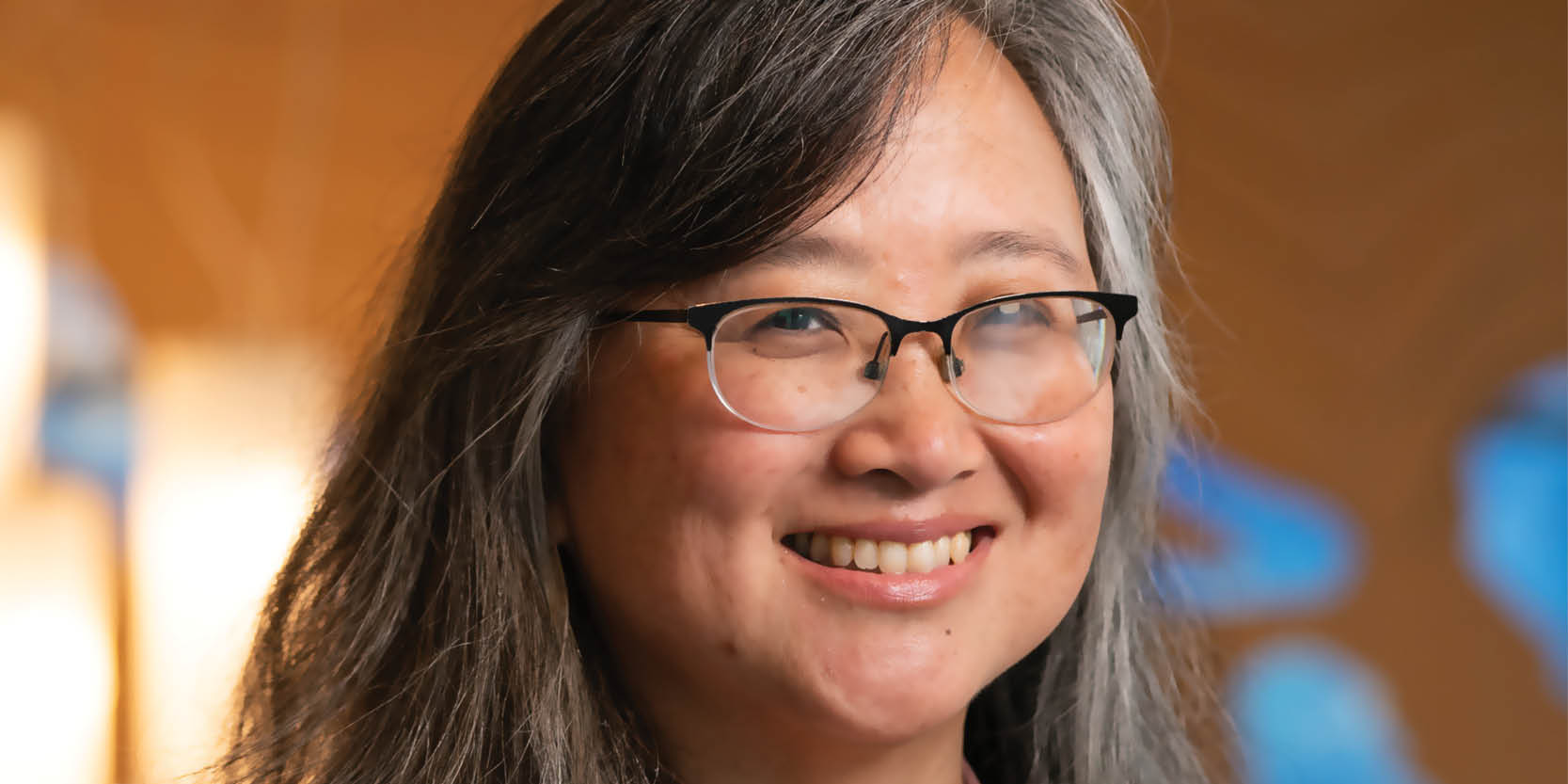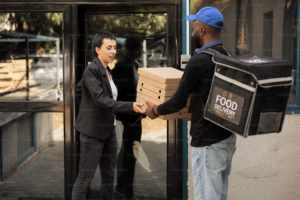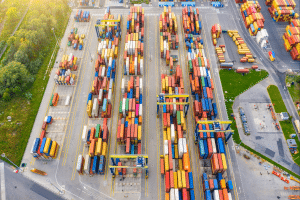An interview with Doris Sullivan, Managing Director–Innovation, The Rockefeller Foundation on renewable energy transition, net zero, tangible social impact, and more.
How can geospatial tech and its convergence drive inclusive and sustainable growth?
Geospatial coordinates can be thought of as an additional dimension to any data you might have. Having a handle on geographical areas can be quite helpful. For example, if an area was recently flooded, by analyzing sensor data, you can deploy assistance to those specific areas.
Geospatial tech, including data coming from satellites, can be helpful in filling in missing data, enhancing existing data, and bringing in more insight.
Greater access to previously untapped data can help identify the best places for inclusive and sustainable growth—but it has to be the right kind of data and validation is always key.
What can be done at a global level to reduce the glaring digital divide and ensure greater technology access to build impactful solutions that can address grassroots social and developmental issues?
Our grantee Data.org, which was founded with support from The Rockefeller Foundation and Mastercard’s Center for Inclusive Growth, is committed to helping ensure a digital divide doesn’t emerge as people have unprecedented access to technology.
We believe strongly in these kinds of efforts, which is why we support organizations like data.org that are trying to make sure data and AI have positive impacts on a local level, particularly through their technical Capacity Accelerator Network hubs located in the US, Africa and India.
Tell us more about the Energy Transition Accelerator Program, and how critical do you think it is for countries to decarbonize and move towards renewable energy sources?
As the International Energy Agency notes, annual clean energy investment must triple to $4.2 trillion by 2030 to keep 1.5°C of warming within reach—but right now, the world is nowhere near closing that financing gap.
The Energy Transition Accelerator is a joint collaboration between the U.S. Department of State, The Rockefeller Foundation, the Bezos Earth Fund, and others that aims to help bridge this gap and empower developing economies/ countries to achieve a just transition to renewable energy.
The ETA is working to drive private investment to accelerate the retirement of fossil fuel assets and the deployment of renewable power in developing countries.
We view the ETA as a potentially crucial tool for unlocking the funding needed to help low- and middle-income countries achieve their energy transition goals.
There’s a lot of skepticism about AI, ranging from automation anxieties to doomsday foreboding. How can we best use it as a force for good and agent for change?
It’s important to understand that like any technology, AI is a tool that has strengths, weaknesses, and many limitations—but it also has potential to catalyze solutions that create positive change for individuals and communities. At The Rockefeller Foundation, we are always looking to advance solutions that can leverage AI to promote the well-being of humanity.
Take, for instance, our grantee Blue Conduit. They’ve used advanced analytics to map toxic lead water pipes in US cities that can be later eradicated from the water supply to individual homes.
They have a goal of replacing 5 million service lines affecting 10 million homes, and their unique approach has helped to cut costs by up to 70% when compared to the traditional approach of removing lead pipes in U.S. cities. Without advances in AI, progress like this would not be possible as quickly.









